As the U.S. tries to bring an end to the war in Ukraine, Russian President Vladimir Putin has issued a decree that appears to present Ukrainians living in occupied territories with a choice — submit to Russian law by Sept. 10 or face punishment.
The decree, published by the Kremlin on March 20, is just the latest move in a long-standing campaign aimed at forcing Ukrainians under occupation to accept Russian citizenship.
The motivation is simple — the greater the number of Russian citizens living in an occupied area of Ukraine, the easier it is for Moscow to justify its control. And with peace negotiations in progress, asserting an illusion of authority over Ukraine's east and south has never been more vital for the Kremlin.
The choice presented to Ukrainians by Russia is an illusion — refusing a passport means no access to legal work, basic health services, pensions, or property rights, while "deportation" means anything but being sent back to Ukraine or another country.
"We know that a large number of people are kept in detention centers, and they are not deported anywhere," Kseniia Yeltsova, co-chair of Helping to Leave, a Ukrainian charity that tries to help people leaving the occupied territories, told the Kyiv Independent.
"People are simply gathered there, and that's it."
Passportization — a Kremlin specialty
Issuing citizenship en masse to exert geopolitical influence — a process dubbed "passportization" — is a tried-and-tested Russian tactic.
The Kremlin previously carried out similar campaigns in the Russian-controlled territories of Abkhazia and South Ossetia in Georgia, as well as Transnistria in Moldova, providing dedicated fast-track routes for local people to receive Russian citizenship.
"In Transnistria, for example, a person will likely have a Transnistrian passport, a Moldovan passport, and a Russian passport at the same time," Maryna Rabinovych, an assistant professor at the Department of Public Policy and Governance at the Kyiv School of Economics, told the Kyiv Independent.
But in Russian-occupied areas of Ukraine, authorities have made it increasingly difficult to use Ukrainian documents.
Donetsk, Luhansk, Kherson and Zaporizhzhia oblasts are partially controlled by Russian troops. Russia claims to have annexed the whole territory of those regions in 2022 despite not controlling two regional capitals — Kherson and Zaporizhzhia. Moscow also controls Ukraine's Crimean peninsula.
It's not known exactly how many Ukrainians live under Russian occupation, but in December, President Volodymyr Zelensky said it was "at least several million."
On paper, Ukrainians who do not want to take Russian citizenship can apply for a residence permit that will allow them to live and work in Moscow-controlled areas. But in reality, these are difficult for Ukrainians to obtain.
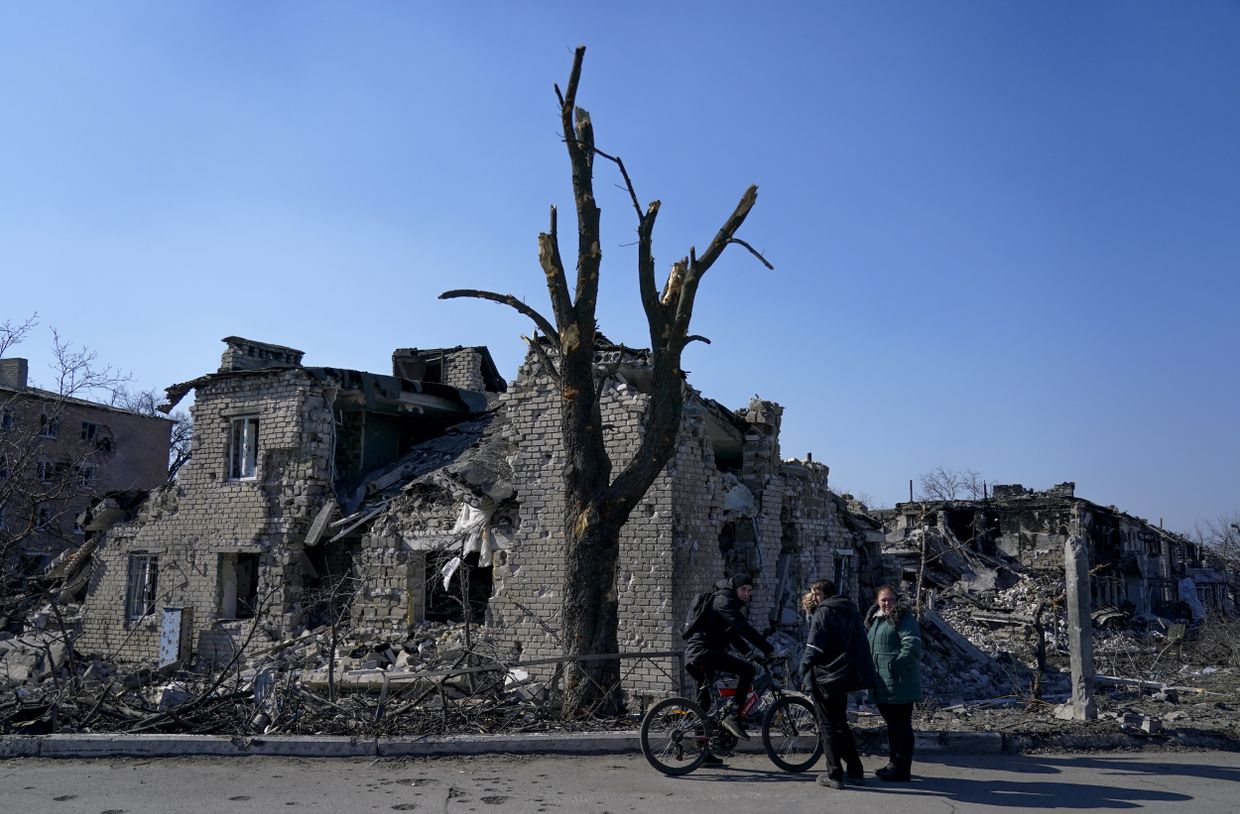
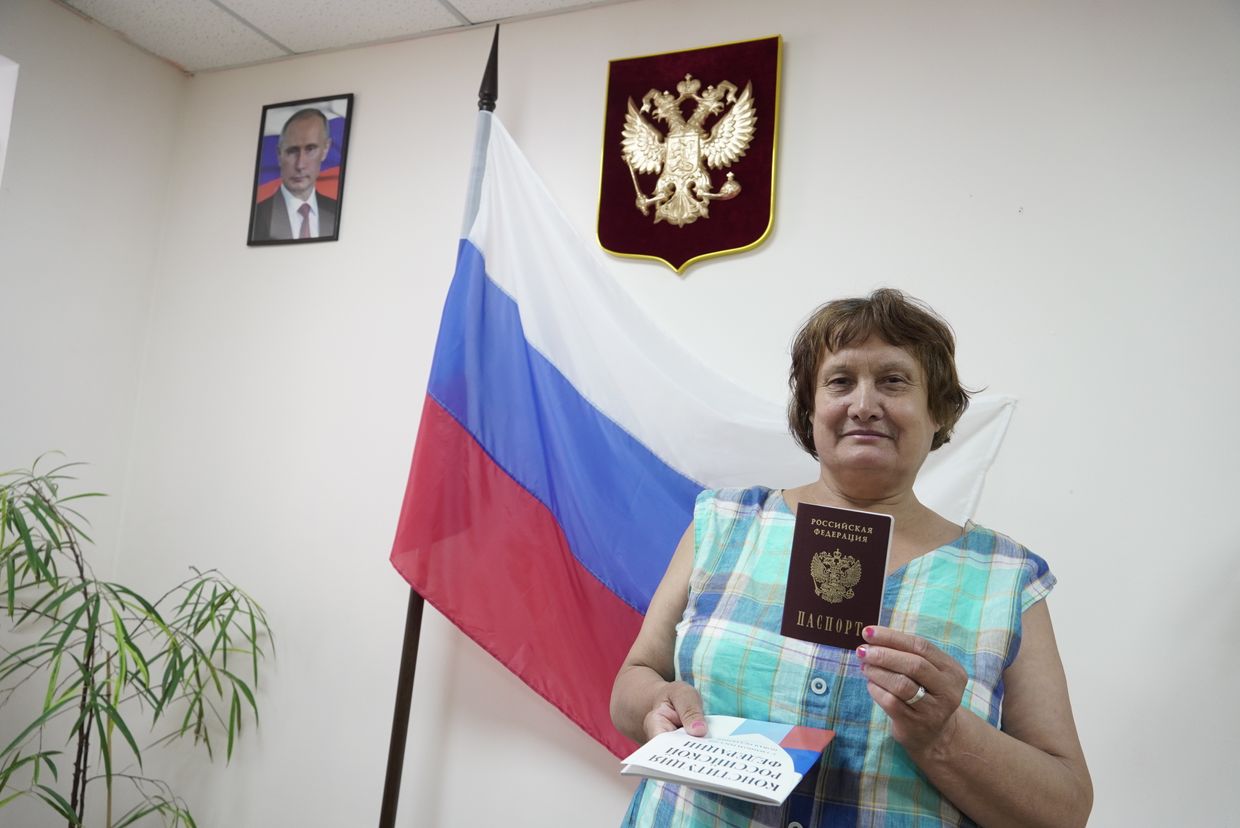
"In occupied Kherson, there were 17 branches of the Russian Ministry of the Interior where you could receive a Russian passport," Kateryna Rashevska, legal advisor at the Regional Center for Human Rights in Kyiv, told the Kyiv Independent.
"But there was only one place where you could submit your documents and receive a residential permit."
Permits are also issued according to strict quotas, says Rashevska. In 2022, a quota of just 5,000 was given for the whole of Crimea — a region that, in 2021, occupation authorities said had a population of approximately 2.48 million.
Without a residency permit, there are few options left for Ukrainians who wish to continue living and working in their occupied communities. Lacking Russian paperwork to formalize their status, according to the imposed Russian law, makes it impossible to access pensions or claim rights over their own property.
They also cannot access healthcare, and according to investigations by Reuters and the European Broadcasting Union — those without Russian passports have reported being denied access to lifesaving medication or hospital-provided diapers for newborns.
Children also need Russian paperwork to attend local schools. But for a child to receive Russian citizenship, one of their parents must also be a Russian citizen — making it easy for occupying authorities to pressure Ukrainians who refuse a Russian passport through their own children.
"Parents are manipulated because of their children, and children are manipulated because of their education. As of today, it is just impossible to survive in occupied territories without Russian documents," says Rashevska.
"It is a circle without any possibility of escape."
The myth of deportation
Those Ukrainians who refuse to accept Russian passports also face the prospect of violent retribution.
A report by U.S. research group the Ukraine Conflict Observatory in 2023 found that Ukrainians who refused Russian citizenship faced intimidation, threats, and possible detention by soldiers who roamed the streets checking documents.
Then there is the prospect of "deportation," which can take various forms, none of which involve being sent to Ukraine-controlled territory or to a neutral or friendly country.
In the Russian-occupied Zaporizhzhia Oblast in 2023, Russian officials posted videos of masked men ordering citizens — who stand on the roadside with their hands bound — to simply start walking towards the front line.
Far from being a dirty secret, the region's Russian-installed governor, former Ukrainian pro-Russian lawmaker Yevgeny Balitsky, openly discussed the practice as part of Russia's deportation policy.
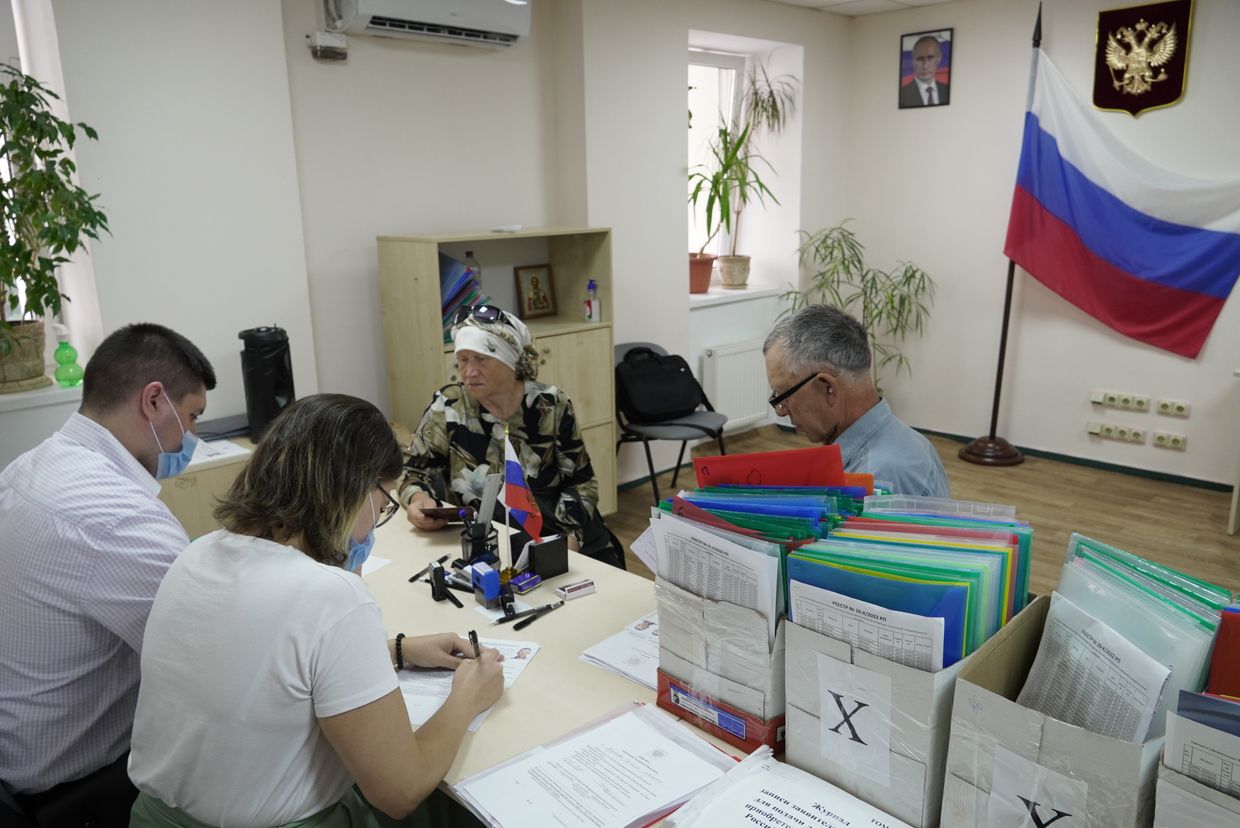
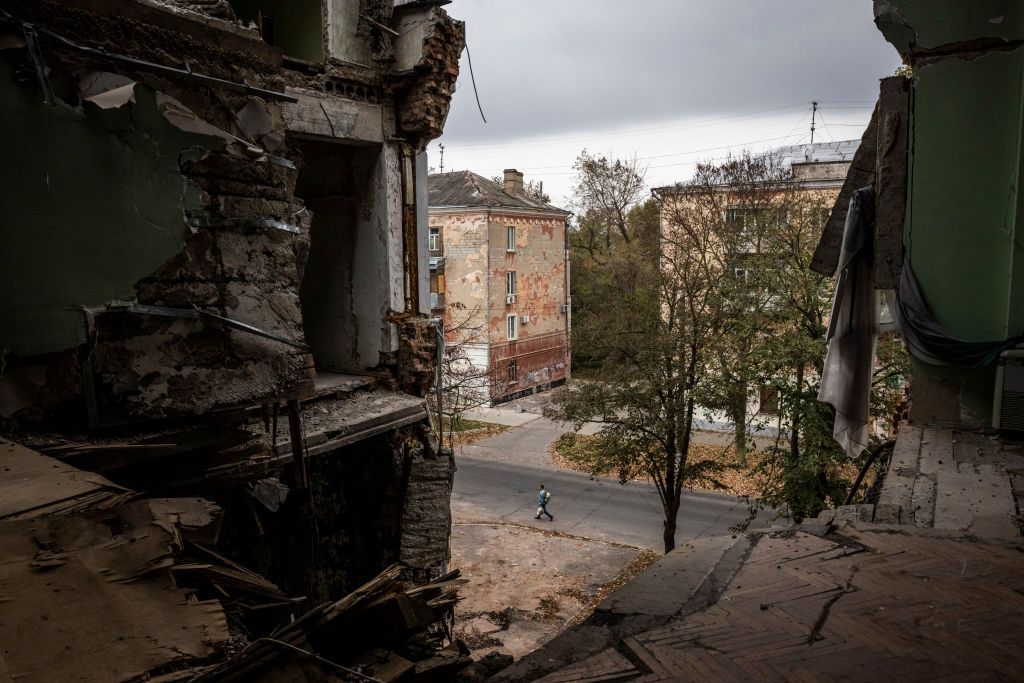
Putin's latest decree and its deadline of Sept. 10, mean many more Ukrainians face being forced from their homes with no idea of what comes next.
Yeltsova, the co-chair of Helping to Leave, said her organization has already been contacted by people who are being told they will be deported.
"These people with only Ukrainian documents are already beginning to be threatened," she said.
When asked where they face being sent, she said, "No one knows the answer to it."
"When we ask these people where they are being deported to, what they are told about it, they do not know themselves," she adds.
Yeltsova said many Ukrainians are simply sent to detention centers, sparse details of which are passed on by the Ukrainians who manage to make it out of the occupied territories.
"There are a lot of such centers in Russia, and there are a lot of Ukrainians there," she said.
Population replacement
As Moscow makes it harder and harder for Ukrainians to stay in their homes, it simultaneously encourages Russians to fill and distort the demographic gap.
"Occupied Crimea is the easiest example," Rabinovych said. "A lot of people living there now are Russian citizens who came to the area from Russia (after the illegal annexation in 2014)."
"They're living there instead of the Ukrainians who didn't want to take Russian citizenship and left the territory. If the situation on the ground doesn't change, I'd expect that the population of newly-occupied Ukrainian territories will also be entirely different in the next five years."
Russia has already tried to rubber stamp this forced demographic change by holding sham referendums on the illegal annexation of Ukraine's Luhansk, Donetsk, Zaporizhzhia, and Kherson oblasts in September 2022.
The votes were held at gunpoint and with widespread voter intimidation and soldiers going door to door with ballot boxes.
"Putin wants to demonstrate to the United States and other countries that people in newly occupied territories and in Crimea support the Russian Federation," Rashevska said.
Worryingly, it seems to be working — U.S. Special Envoy Steve Witkoff, a key figure in peace negotiations between Russia and Ukraine, said last month that occupied Ukrainian oblasts "are Russian-speaking, and there have been referendums where the overwhelming majority of the people have indicated that they want to be under Russian rule."
Journalist Yuliia Taradiuk contributed to this story.
As Russian troops retake settlements in Kursk Oblast, Ukraine launches attack on adjacent Russian region
In late March, Ukrainian troops launched a raid into Russia’s Belgorod Oblast. The small-scale incursion into yet another Russian region may be Ukraine’s attempt to alleviate the pressure from the country’s troops still fighting in the adjacent Kursk Oblast, military experts say. Following Russia’…

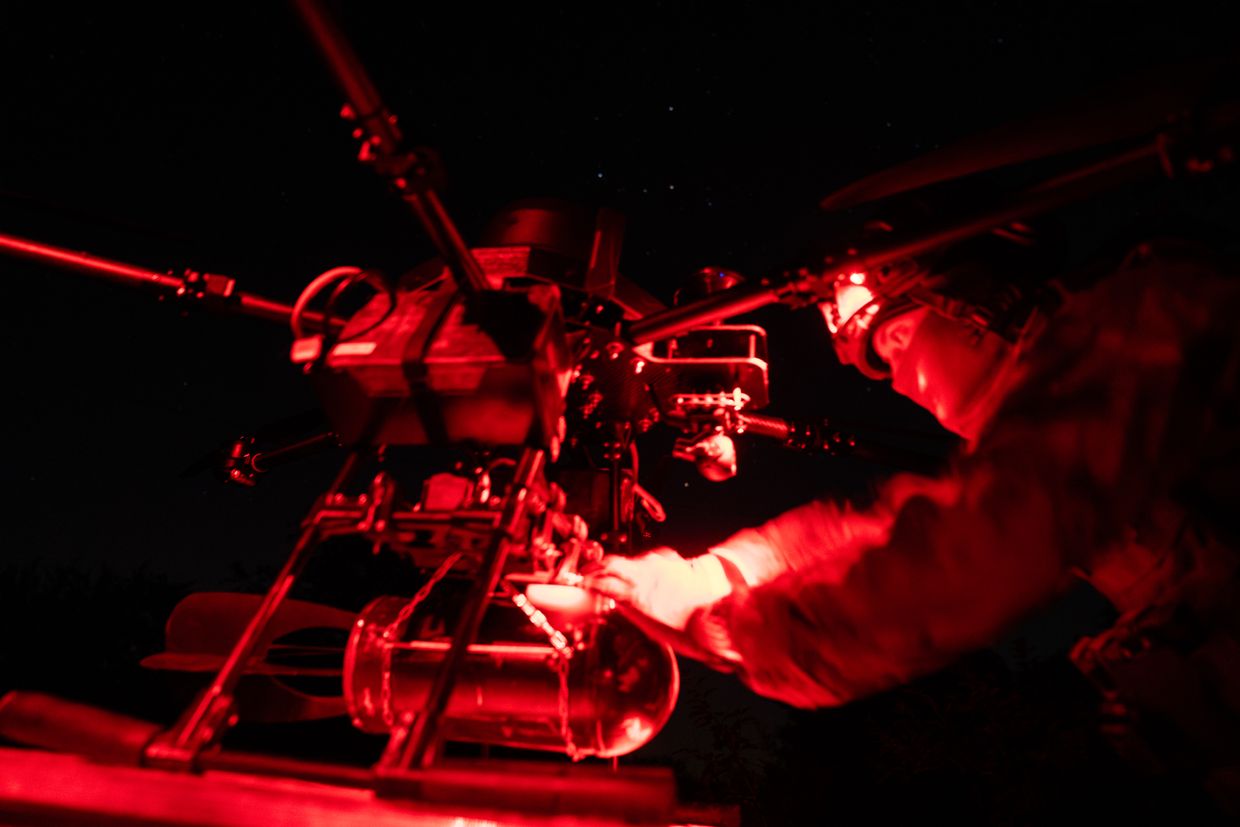
.png)
 German (DE)
German (DE)  English (US)
English (US)  Spanish (ES)
Spanish (ES)  French (FR)
French (FR)  Hindi (IN)
Hindi (IN)  Italian (IT)
Italian (IT)  Russian (RU)
Russian (RU)  22 hours ago
2
22 hours ago
2
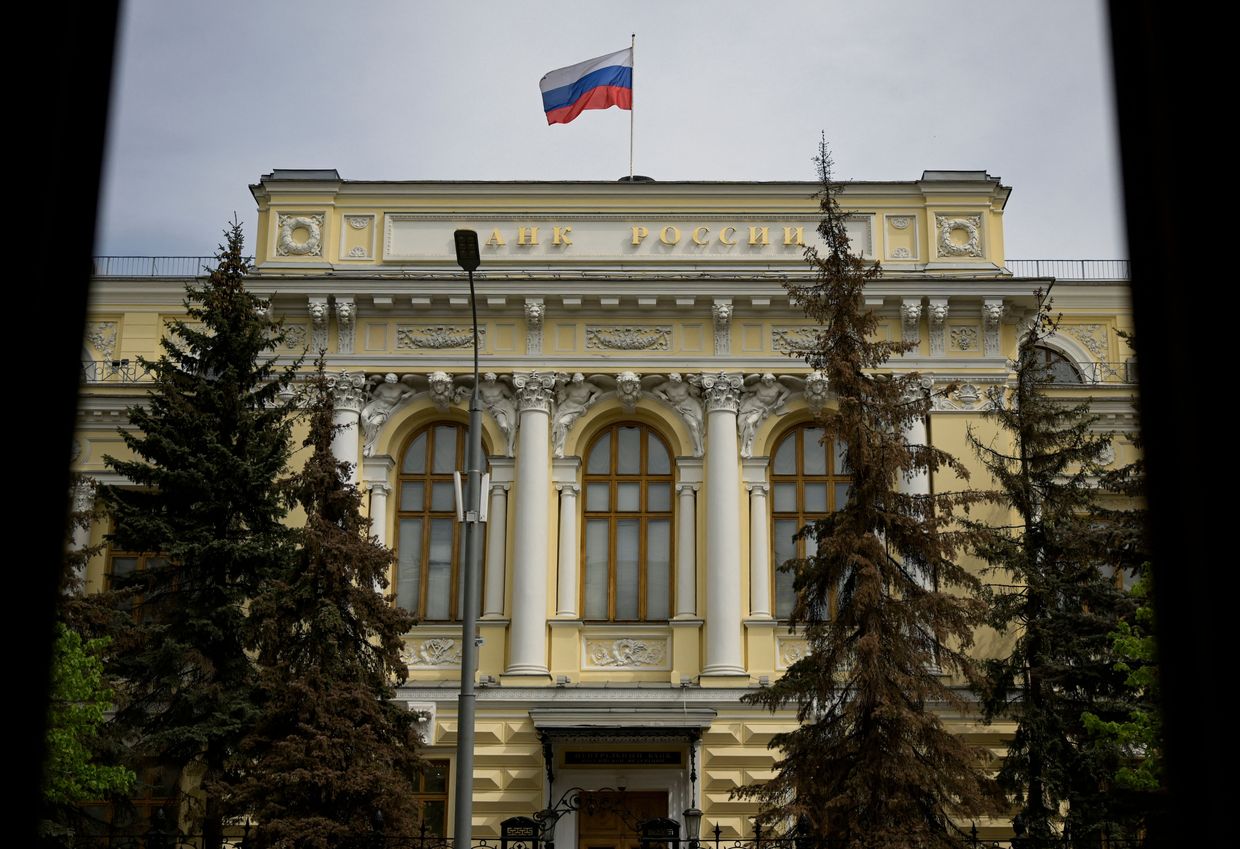
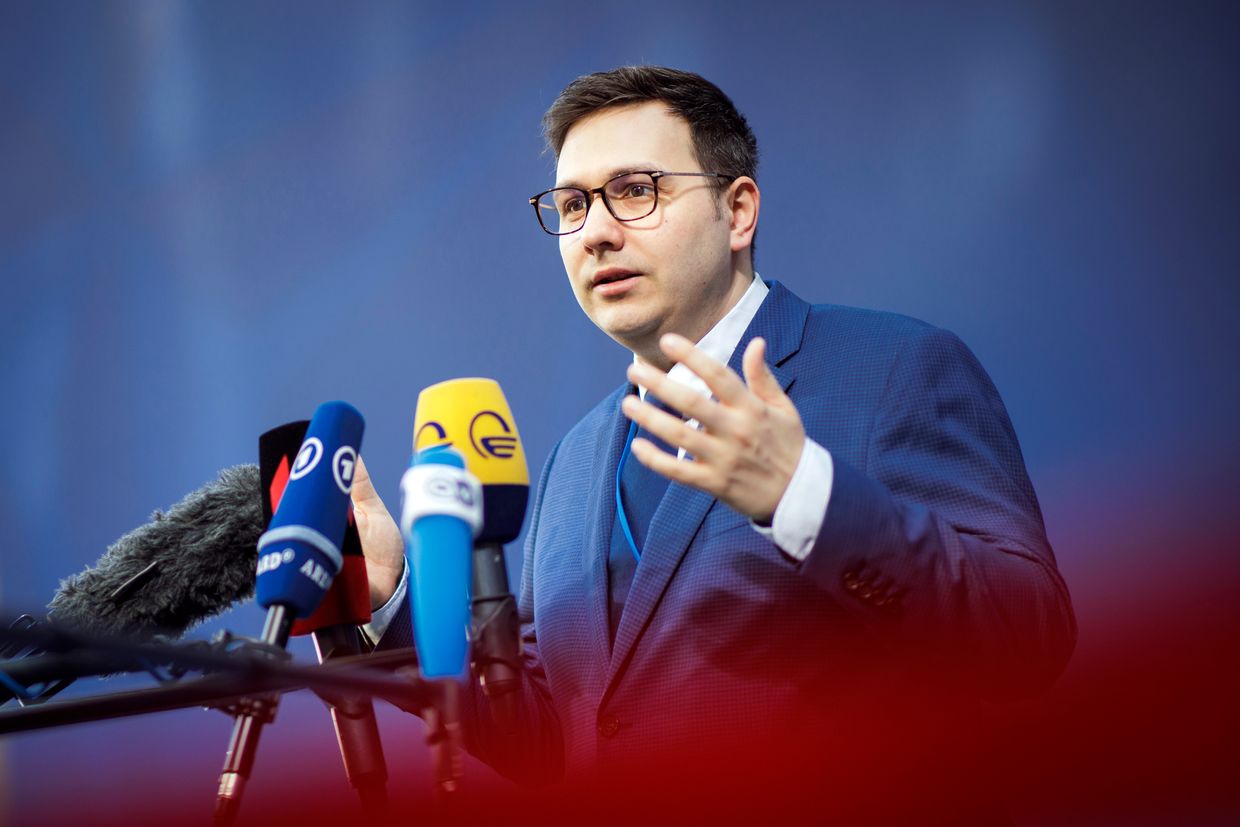
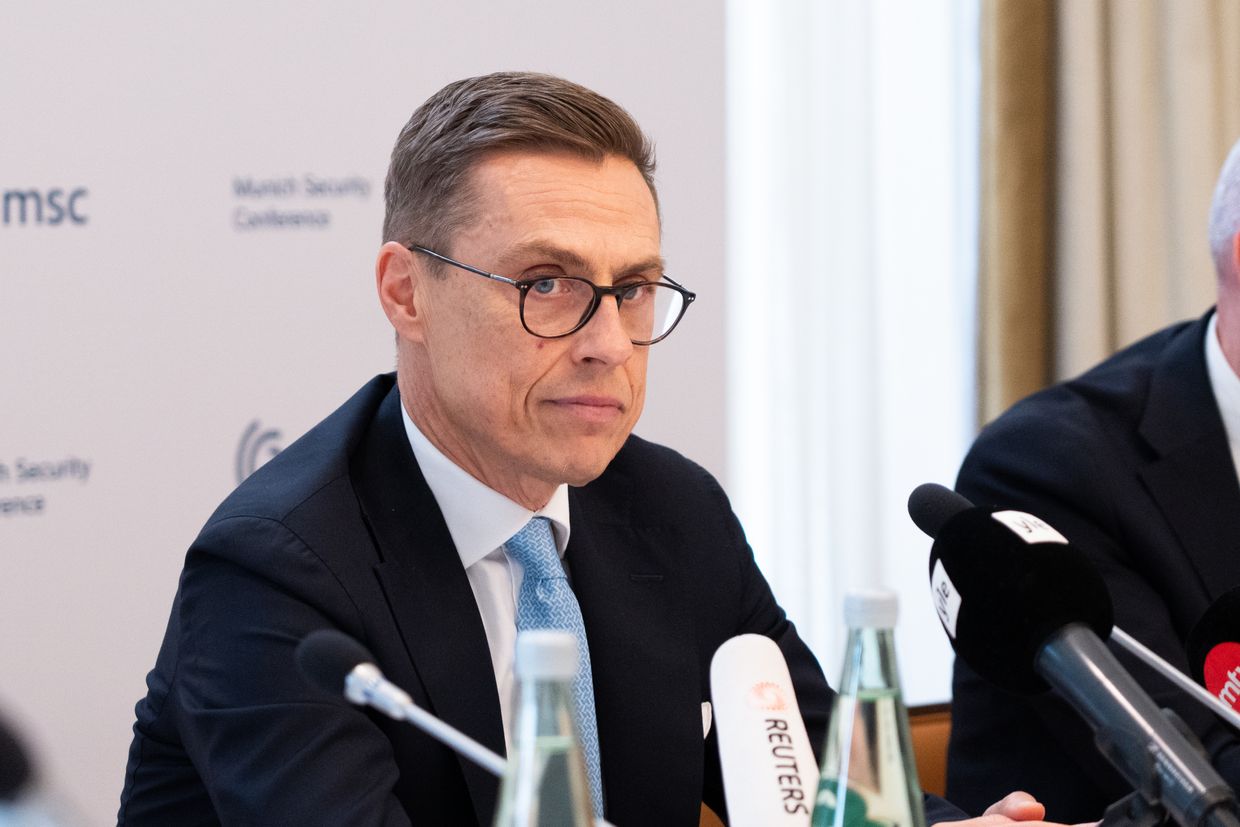
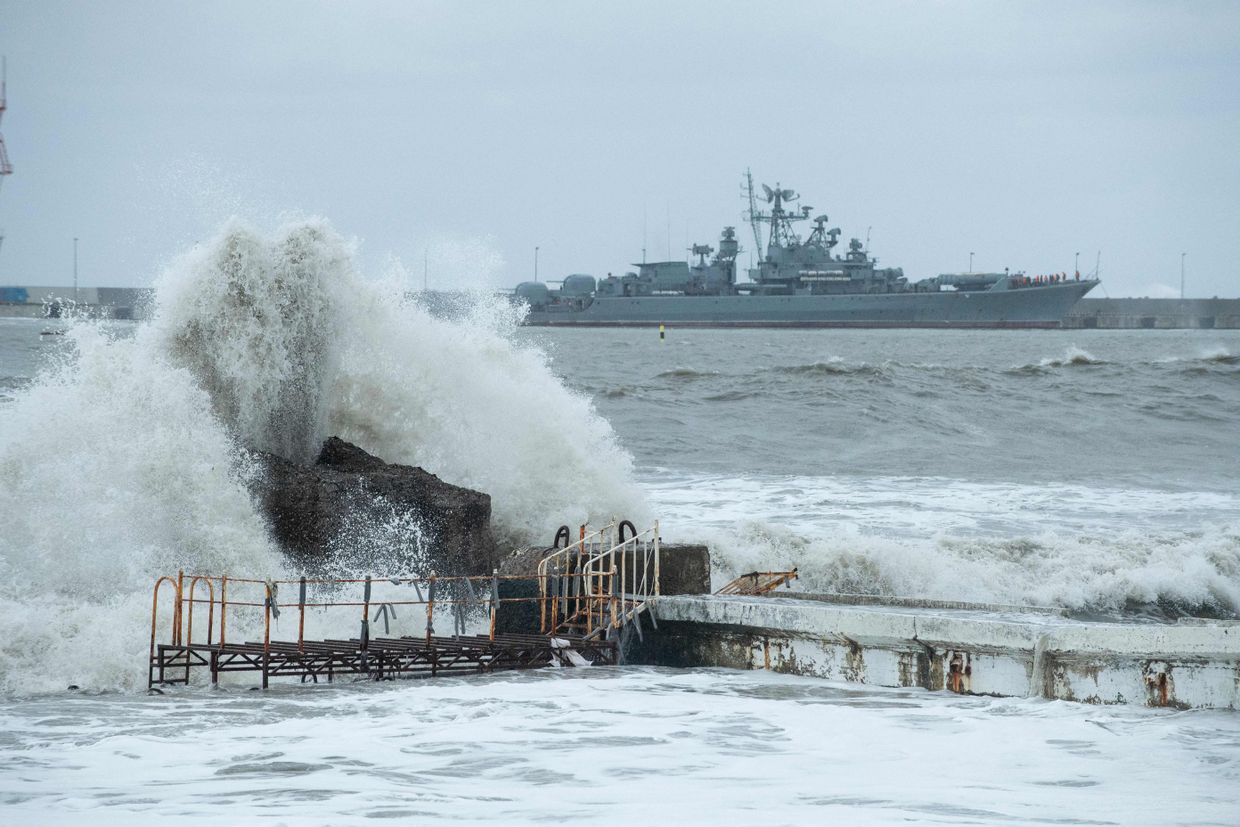

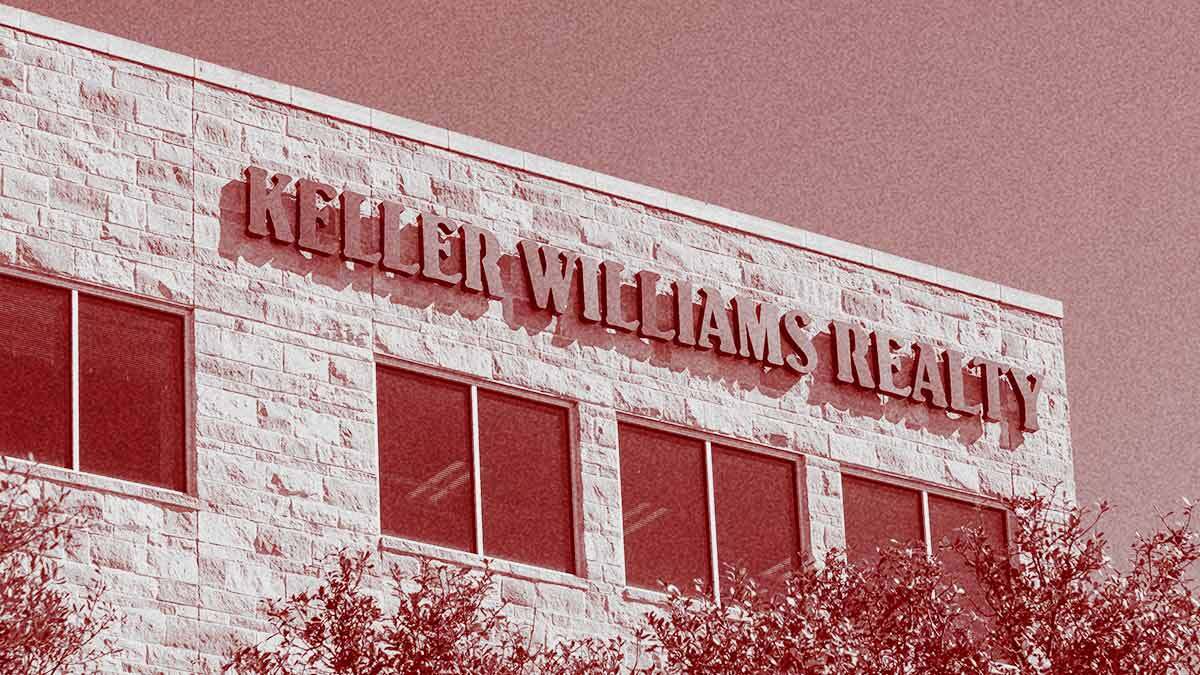
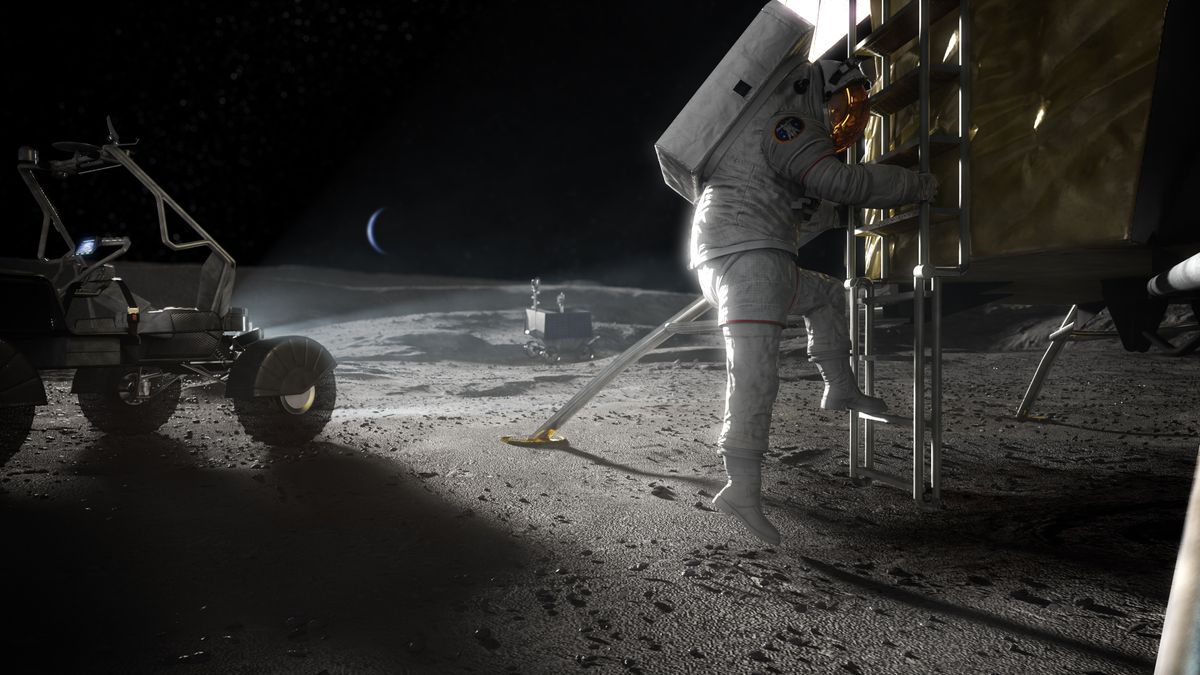


Comments